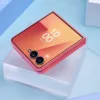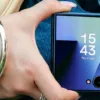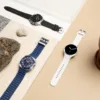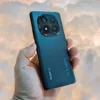Undoubtedly, in 2020 foldable screens will receive the most attention. Let's take a look at the technological trends that will mark the year 2020.
Never before in history have so many minds thought and developed new and smarter technologies that will shape our everyday life in the future. Development is even going so fast that there is simply no time to get used to new technology, because it is already around the corner new and better technology. The world is slowly but surely digitizing. Thus, the devices that seemed unusual to us at fairs such as this year's CES will be quite ordinary in a few years (maybe as early as next year).
But let's go in order. We took a look at the trends that will definitely mark the year 2020.
Bigger, better TVs
The TV market is constantly being upgraded and supplemented with features that may or may not last. A feature that has definitely "caught on" is the UHD resolution. But the market does not stop. 8K TVs they are getting cheaper and cheaper, and if last year only a handful of manufacturers had such a TV, this year almost everyone showed them off. As early as 2021, we can expect an 8K TV to be cheap enough for the average consumer to be able to afford it.

We must not forget the new image display technologies either. We will still be able to choose between IPS, QLED and OLED screens. They will join the collection this time MicroLED and Mini-LED. The first is the work of Samsung and is a perfect replacement for the OLED screen, held back only by its size and, of course, the price. Mini-LED is just a refined version of the existing LED LCD TVs, except that here the LED lights are smaller and illuminate certain parts of the screen separately from the rest.
Advanced sensors for measuring health
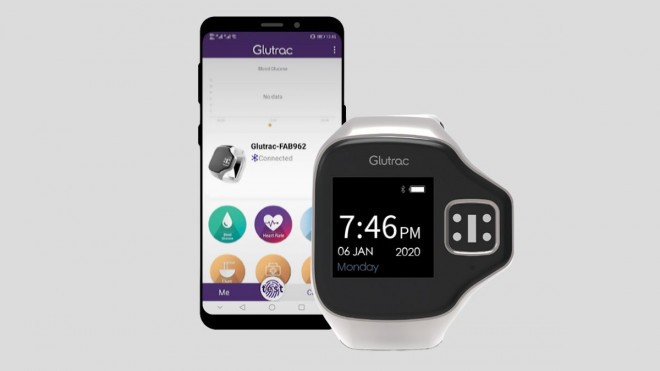
How fast the progress is is evidenced by the fact that a few years ago you would have had to shell out a hefty pile of money for the measurements that smart devices such as watches perform on us today. The devices will still measure similar things as before, i.e. heart rate, stress, oxygen in the blood, quality of sleep and the like, except that we will add more to the list more detailed analysis of this data and identification of heart diseases and sleep disorders.
Not only smart watches, but also earphones will be able to measure blood pressure, which will be able to detect whether we suffer from hypertension. A prototype of such headphones was presented at the company Valencell. Smart glasses Lexilens will help with dyslexia, a smart watch Glutrac and will measure blood sugar without stinging. In short, with smart devices that are part of our everyday life, we will now be able to measure more and more things and thus pay more attention to our health. Professional medical equipment will still be the most accurate, but it can happen that your smart watch will be able to detect a hidden disease and save you from possible complications early.
Foldable screens everywhere
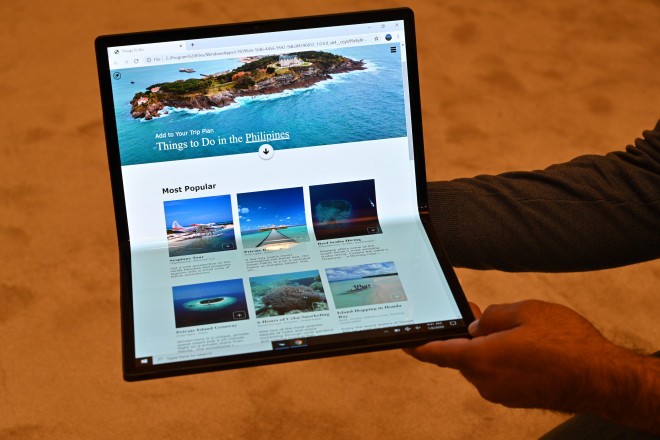
Last year there was a lot of talk about foldable smartphones. One of the first such phones, the Samsung Galaxy Fold, despite its inauspicious start, has convinced many reviewers that the foldable future makes sense and is welcome. The industry was pushed into this precisely by the desire for an ever-larger screen, and foldable technology is the only option to put a large screen in a pocket.
We expect more foldable smartphones this year, and the technology has already been adopted on laptops (which now look more like a tablet) and even TVs. Here, the solution of the Lenovo company stands out the most, which so far has been the only one to present a finished product and not just a concept, as they did, for example, with the company Intel with Horseshoe Bend folding screen laptop.
Support for 5G technology is becoming more common

Smartphones and other devices that already support it 5G, they have not seen Slovenia yet. It may happen that it will be quite similar this year, because despite the allocation of dedicated frequencies in our country, it will be necessary wait a few more years for implementation these new technologies. Despite the criticism, it is precisely this that will enable the vision of the future to which most futurists aspire. In addition to increased data speed and smart homes, it will be possible to connect cities into smart cities, connect infrastructure, improve systems for autonomous transport, and the list goes on.
At Toyota, they embarked on an ambitious project. In Japan, they want to build a small city with 2,000 inhabitants, which will be a kind of test ground for the city of the future. In a smart city Woven City will thus test a range of different technologies: autonomous vehicles, smart homes with robotic assistants, specially designed streets and different types of transport vehicles. Toyota has not yet revealed which wireless technology would be able to connect all of this, but it will undoubtedly be 5G. The city should come alive already at the beginning of 2021.
Greater concern for renewable resources
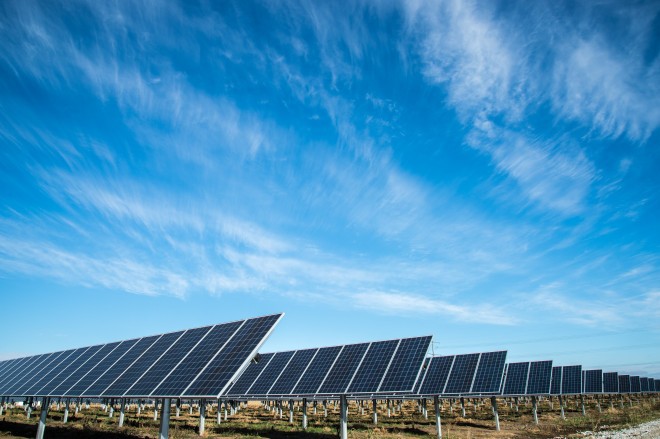
Slowly, more and more people are realizing that the current state of the world and our lifestyle cannot be sustained by the planet in the long run. That is why it is so important to look for methods that will make it as simple as possible for users to switch to a more environmentally friendly way of life. This includes new methods of harvesting energy from solar energy, even harvesting water through solar energy, and of course finding food substitutes that mimic the flavors we love so much. As, for example, at Impossible Foods, where they already convinced last year with their plant-based "beef" burger and this year they also offered a pork substitute.
In the coming years, humanity will once again move the milestones in science and technology. Every day we are closer to the fact that we will all live in Toyota-like cities. When we carry phones with a large screen in our pockets, we simply fold them. When one of the smart devices will self-diagnose our health and prevent unnecessary visits to the doctor. When the car will take us to the desired destination as ordered, without even touching the steering wheel. And when we are sufficiently self-sufficient in renewable energy that we no longer need to hear about global warming. Are you looking forward to such a future?
